What it means to be an organisation is changing. The ways in which we organise and work together are now much more fluid, intertwined and porous – and for learning professionals, that means thinking outside the confines of the organisation itself and addressing the learning needs of the many other groups who could benefit from extra training.
But if you’ve only ever created learning programmes for the people inside your organisation, it can be difficult to know where to start when you’re extending the reach outwards. In this post, we’ll take a look at some of the most popular ways to support your extended enterprise with new learning initiatives to boost the understanding and productivity of your organisation’s wider community.
79% of organisations never deliver learning to their franchisees or manufacturers.
Brandon Hall Extended Enterprise 2017 report

Channel learning programmes
Many organisations are missing a huge opportunity to deliver training to their franchisees, manufacturers, suppliers and resellers, which could help reduce business risks and optimise scale and growth for the organisation. Trade engagement, as it is known, is becoming increasingly important in business-to-business and business-to-consumer environments.
Samsung, as part of their global smartphone sales operations, use an extended enterprise learning platform to provide product knowledge learning resources to retailer and operator staff. Since the training was all about mobile phones, the learning resources also needed to be responsive and work well on a range of devices, including the smartphones themselves.
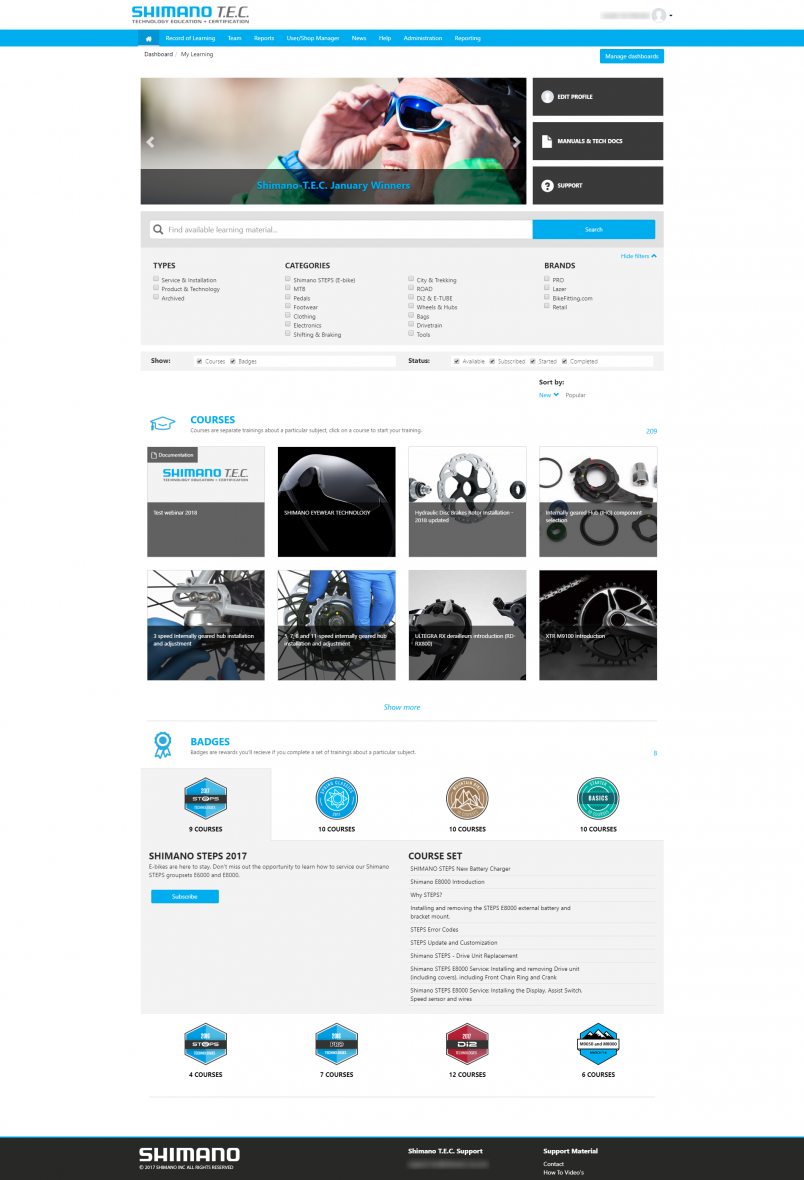
Shimano is a Japanese multinational manufacturing company that, among other things, makes high-quality parts for bicycles. It’s a well-loved brand, and to maintain their quality reputation, it’s crucial that mechanics, who work in the service centres of independent retailers, have a strong understanding of Shimano products, including fitting, maintenance and advising on which products best suit each customer need. Shimano now offers an extensive online certification service that provides 800 courses, in multiple languages, to over 25,000 users in the extended enterprise.
Customer education programmes
Customers have unprecedented access to information and opinion. This can be useful but can also be confusing and even misleading, particularly as we enter an algorithmically driven age of fake news and product reviews. This has radically changed the way companies find, win and hold customers loyal to their products and services. Rather than being ‘sold to’, customer advocacy is better built through offering useful and engaging support. For more complex products and services this requires offering quick access to learning materials that customers can use to troubleshoot and guide themselves to get the full value from their investment.
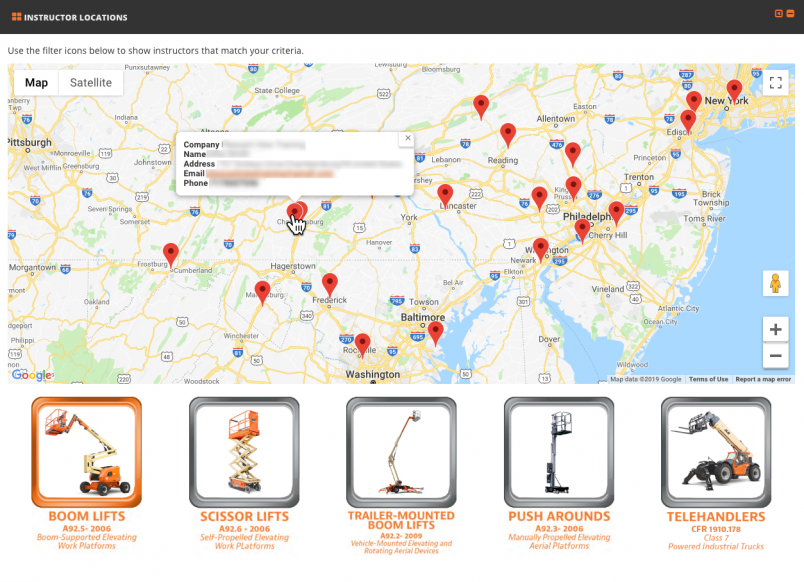
For example, manufacturers of complex products can offer learning to help train employees within their customer organisations in their safe and optimal use. JLG Industries is a designer and manufacturer of lift and access equipment. Their JLG University provides training on service, safety and parts to operators and service technicians providing them with the skills they need to properly operate and service lift equipment. By providing a range of certifications, JLG can track completion and adherence to all required safety standards, and ensure customers receive the full value of their investment in JLG products.
Join the Totara Community
At Totara, we practice what we preach through our Totara-powered customer education service, the Totara Community. This is a free and open community that connects thousands of learning professionals around the world who have a shared interest in developing good practice in all aspects of learning and development. Join today to see the Totara Community in action for yourself.
Public outreach learning programmes
Central government and local authorities are recognising the power of offering online education and training to provide support to vulnerable groups, enforce adherence to regulation and explain policy. As we now all turn to the internet first for all forms of information, there is a growing risk for the public to be misled by fake news, or become confused in the general profusion of noise and competing voices. Governments can use outreach programmes to provide official, trusted sources of guidance.
For example, the Australian Sports Anti-Doping Authority (ASADA) is a government statutory authority that aims to protect the integrity of Australian sport through the elimination of doping. There are continual efforts globally to educate athletes and avoid inadvertent violation of often complex regulations. Offering engaging learning courses that appeal to the competitive nature of the audience is a great way to raise awareness of a topic often regarded as dry and uninteresting.
Professional/trade associations and CPD programmes
Many associations and professional bodies offer their members access to continuous professional development and certification programmes that recognise skills, knowledge and practical experience. Indeed, these learning services often sit at the heart of the perceived value of membership and also the revenue streams these organisations rely on to sustain themselves.
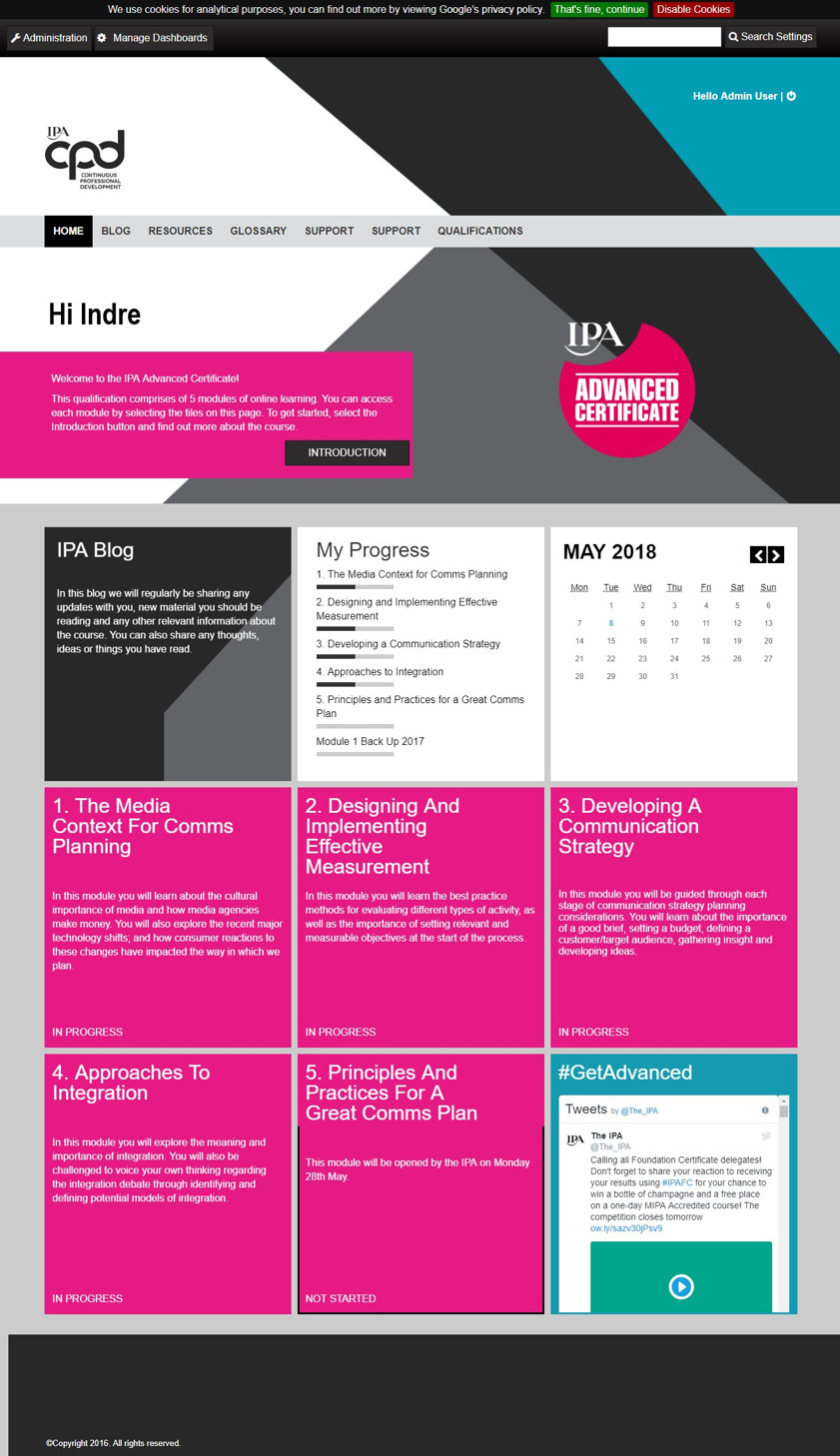
The Institute of Practitioners in Advertising (IPA) is widely recognised as the world’s most influential professional body for advertising and marketing communications, and it offers a range of courses and qualifications, which are the global standard for learning and development in the advertising industry. The IPA’s Foundation Certificate in Advertising has had over 14,000 people in over 87 countries pass the qualification, demonstrating its international reach. Other qualifications are also available, each with unique branding and high-quality visual design (the audience is savvy advertisers working in creative agencies) to provide confidence and engagement in the quality of the learning experience offered.
Selling learning online
In all the previous scenarios, extended enterprise solutions can be free or paid for by the learner depending on the organisation’s objectives. Recent research indicated that 40% of organisations charge extended learning parties for content, half of whom charge by course/content module. Interestingly, 30% of the organisations charging for access to their extended enterprise learning find that this covers over 50% of their annual learning technology/LMS costs, therefore providing a subsidy for internal audience provision.
For external use, 43% of organisations use an ecommerce tool to charge for learning content. This particularly important when this is the primary objective and the audience is diverse and open. For instance, Totara extension LMScheckout makes it easy for organisations to turn their extended enterprise learning programmes into extra revenue streams.
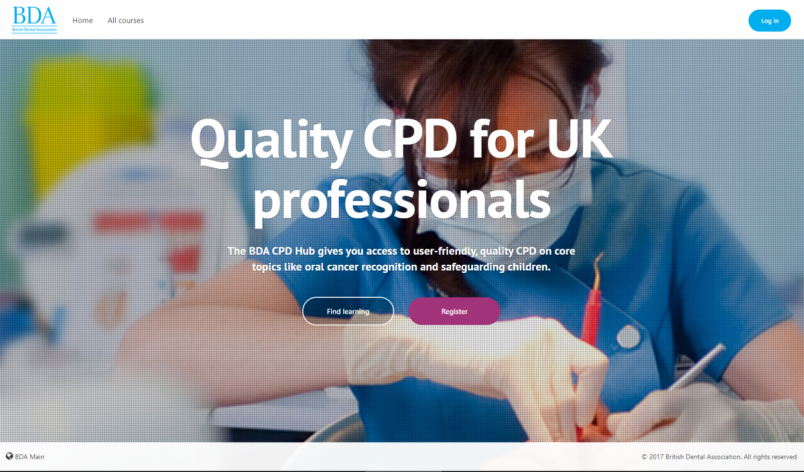
In the UK, the British Dental Association serves over 12,000 BDA dentist members and offers a mix of free and paid for learning content. In this case, PayPal is the chosen payment gateway which made it easy for dental practices to administer payments at the point of training need. Associations like these very often offer a mix of free and paid for content as this provides an important additional revenue stream that helps to sustain the other representative work they do on behalf of their members.
Drive success with your extended enterprise programme
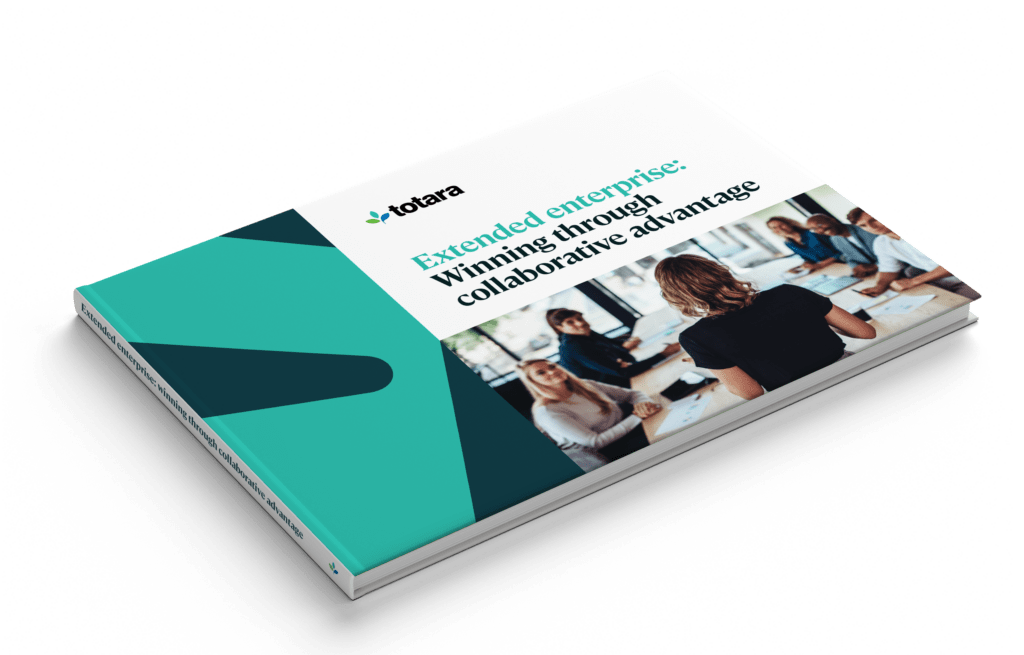 Download our extended enterprise guide to find out how you can create a successful learning programme for users both inside and outside your organisation.
Download our extended enterprise guide to find out how you can create a successful learning programme for users both inside and outside your organisation.


